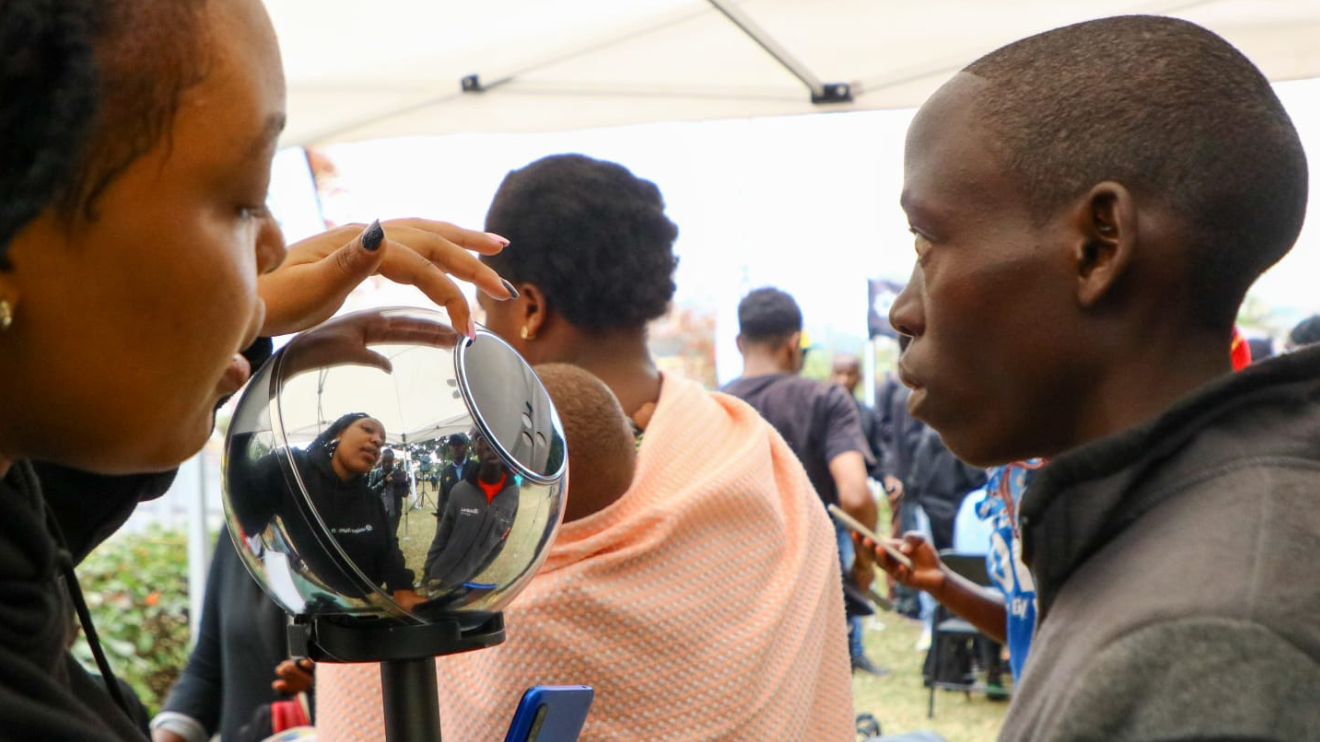The blockchain biometrics project Worldcoin faces another obstacle in Kenya, where the government has formed a 15-member parliament committee to investigate the controversial cryptocurrency asset. Officials opposing the activities of recording personal data and collecting iris data of Kenyan citizens have stated that this situation could lead to serious security issues.
Poses Serious Security Risks
According to a local newspaper, the Kenyan government has established a parliamentary committee of 15 members, chaired by Narok West Member of Parliament Gabriel Tongoyo, to examine the controversial crypto project. The committee has 42 days to investigate the project and submit its report to the Parliamentary Committee. The parliamentary inquiry into the crypto project came about three weeks after Kenya suspended Worldcoin’s activities, following the project’s failure to comply with government orders to stop scanning users’ irises.
Interior Cabinet Secretary Kindiki Kithure, who played a key role in the suspension of Worldcoin’s activities, told the parliamentary committee that the government is concerned about Worldcoin’s activities of recording citizens’ personal data and collecting iris data, and that all of these pose serious security risks. Crypto Traders Are Rushing to This App – Here’s Why You Should Too

Shut Down in Many Countries
In addition to the parliamentary committee, the Worldcoin project has faced outright rejection from various regulatory institutions in Kenya. The court also suspended Worldcoin’s operations following a lawsuit filed by the data commissioner. The court ruled that the data collected by Worldcoin between April and August 2023 should be preserved until the completion of the case.
Worldcoin, a digital identity-focused crypto project that offers its own local cryptocurrency token, WLD, for scanning users’ irises, was launched amidst controversies and scams. The project attracted approximately 2 million users during the trial phase. However, when the project was introduced to more than a dozen countries, reports emerged about the project’s controversial management style, prompting governments in Nigeria, the United Kingdom, Argentina, Germany, and Kenya to investigate the project. Furthermore, many countries’ authorities have put an end to Worldcoin’s operations within their borders.


 Türkçe
Türkçe Español
Español









